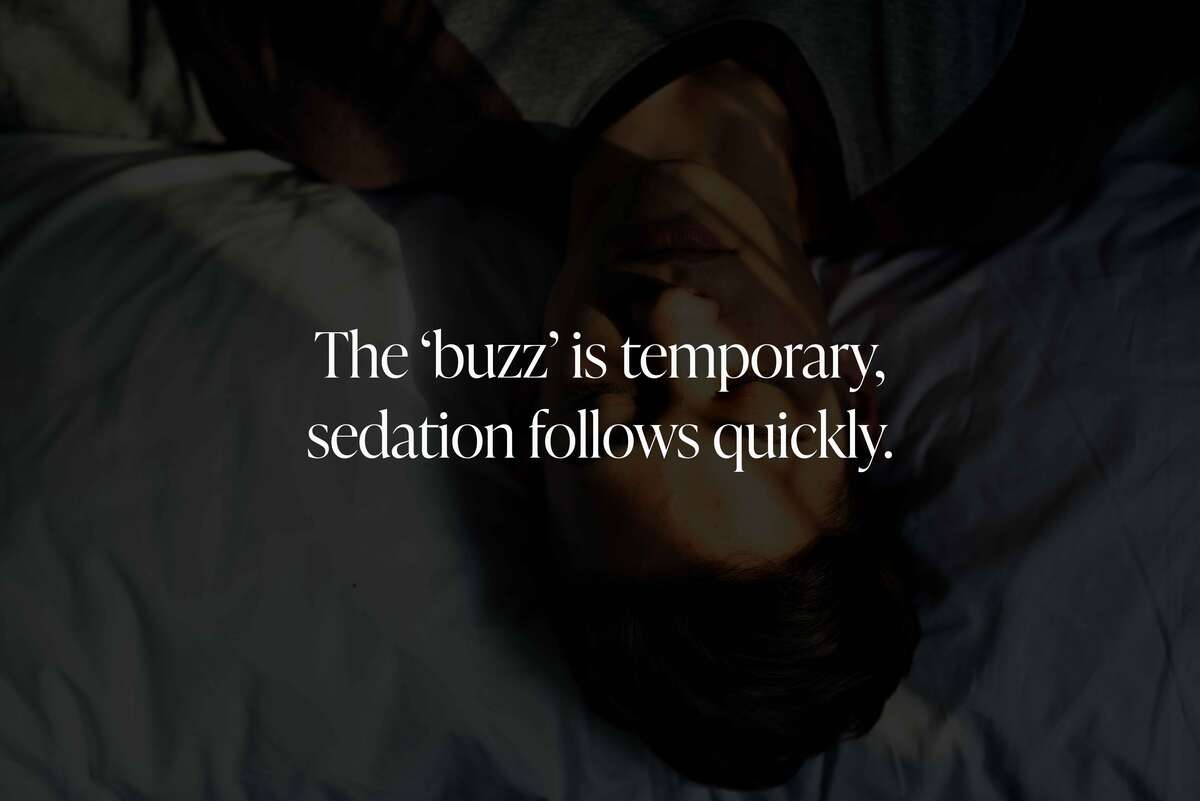Table of Contents
Yes, Alcohol Is a Depressant
Alcohol is classified as a central nervous system (CNS) depressant. This means it slows down brain function and neural activity. Unlike stimulants, which increase alertness and energy, depressants reduce arousal and stimulation. The depressant effects of alcohol are dose-dependent: small amounts may cause feelings of relaxation or euphoria, but larger amounts impair coordination, judgment, and memory.

How Alcohol Works in the Brain
Alcohol primarily affects two key neurotransmitters: GABA (gamma-aminobutyric acid) and glutamate. GABA has inhibitory effects, meaning it calms brain activity. Alcohol enhances GABA’s effects, which is why people often feel relaxed or drowsy after drinking. At the same time, alcohol suppresses glutamate, a neurotransmitter that normally increases brain stimulation. Together, these changes lead to slowed reflexes, poor decision-making, and reduced motor control.
As blood alcohol concentration (BAC) rises, cognitive functions decline in a predictable order—starting with attention, followed by memory, motor skills, and, at high levels, consciousness.
Why Alcohol May Seem Like a Stimulant
In the early stages of drinking, alcohol may appear to act like a stimulant. People may feel energized, talkative, or euphoric. This is because alcohol initially suppresses inhibitions by dampening the brain’s frontal lobe function. However, this effect is short-lived. As more alcohol is consumed, sedative effects dominate, impairing coordination and slowing reaction times.
This dual effect is sometimes called a “biphasic response”: stimulation occurs at lower doses, and sedation takes over as intake increases.

Short-Term Effects of Alcohol as a Depressant
Alcohol’s depressant properties explain many of its short-term effects:
- Slurred speech
- Slowed reflexes
- Blurred vision
- Poor coordination
- Impaired judgment
- Memory lapses or blackouts
- Drowsiness or fatigue
These effects make activities like driving or operating machinery dangerous even after small amounts of alcohol.
Long-Term Effects on Brain Function and Mood
Chronic alcohol use alters the brain’s natural balance of neurotransmitters, leading to tolerance, dependence, and long-term damage. Over time, the brain produces less GABA and more glutamate to compensate for regular alcohol intake. This imbalance contributes to:
- Increased anxiety
- Sleep disturbances
- Irritability
- Depression
- Reduced cognitive function
Heavy alcohol use has been linked to shrinkage of brain tissue, especially in areas related to memory and decision-making. In severe cases, prolonged use can lead to permanent cognitive deficits and conditions like Wernicke-Korsakoff syndrome, a memory disorder caused by thiamine deficiency.

Alcohol, Depression, and Anxiety
As a CNS depressant, alcohol often worsens mood disorders. While some people drink to manage symptoms of anxiety or depression, this strategy backfires. Alcohol temporarily blunts emotional distress but ultimately intensifies it.
Research shows that people with mood disorders who drink heavily are more likely to experience:
- Increased severity of depressive episodes
- Higher suicide risk
- Poorer response to psychiatric treatment
- Longer recovery times from mental illness
In clinical settings, dual diagnosis treatment—addressing both alcohol use disorder and underlying mental health conditions—is critical for effective recovery.
Medications That Don’t Mix with Alcohol
Because of its depressant effects, alcohol can interact dangerously with many medications, including:
- Benzodiazepines (e.g., Valium, Xanax)
- Sleep aids (e.g., Ambien, Lunesta)
- Antidepressants (e.g., SSRIs, SNRIs)
- Antipsychotics
- Opioids
- Muscle relaxants
Combining alcohol with other depressants increases the risk of respiratory depression, coma, and death.
If you're unsure about the safety of drinking while on medication, consult a healthcare provider—or explore treatment alternatives through the Addiction Guidance resources at Hollywood Hills Recovery.
Final Thoughts
Alcohol is a depressant, not a stimulant, despite the initial “buzz” some people feel. Its effects on the brain are profound—reducing awareness, altering mood, and impairing cognitive function. Understanding alcohol’s true classification can help people make safer decisions, especially those managing mental health conditions or considering long-term sobriety.











